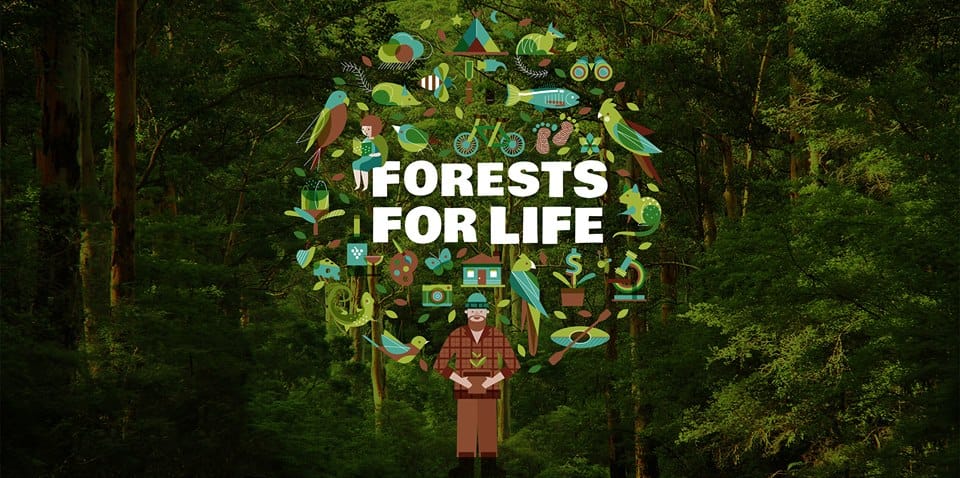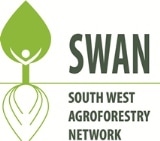At the SWAN committee meeting on Friday 16th December, Jess Beckerling from the WA Forest Alliance gave a short presentation on their new initiative "Forests for Life".
The plan aims to help the timber industry complete the transition from logging native forests into sustainably managed plantations and farm forestry. In theory, 50 million trees will be grown over 40,000 hectares to yield 450,000 - 600,000 cubic metres of high quality structural or appearance grade sawlogs per year.
They have identified 4 Eastern states eucalypts that could be suitable alternatives for local hardwoods, Sydney Bluegum, Red Ironbark, Sugar Gum and Spotted Gum. In addition to the 20 million Eucalypts they identified the need to plant 30 million pine (Pinaster and Radiata) trees
Two regions around Manjimup and Albany have been suggested for the project encompassing an area not more than 90 kilometres from each of the towns. 20 000 hectares of farm forestry in each region is equal to approximately 3 per cent of each zone's agricultural land, not including existing plantations or horticulture.
Clearly, financial support in the establishment of timber trees will be required, and the initial cost is dependent on whether the land is leased or bought, or if a profit-sharing system is preferred. Land care funds will be sought from National Landcare Programme and Royalties for Regions grants and it is anticipated that philanthropists will be involved.
Carbon credits from the voluntary carbon market, administered through Gold Standard, will provide a substantial return on any State Government investment. Gold Standard registration is also associated with Forest Stewardship Council certification of the timber, increasing access to markets and financial returns.
http://forestsforlife.org.au/the-plan/

